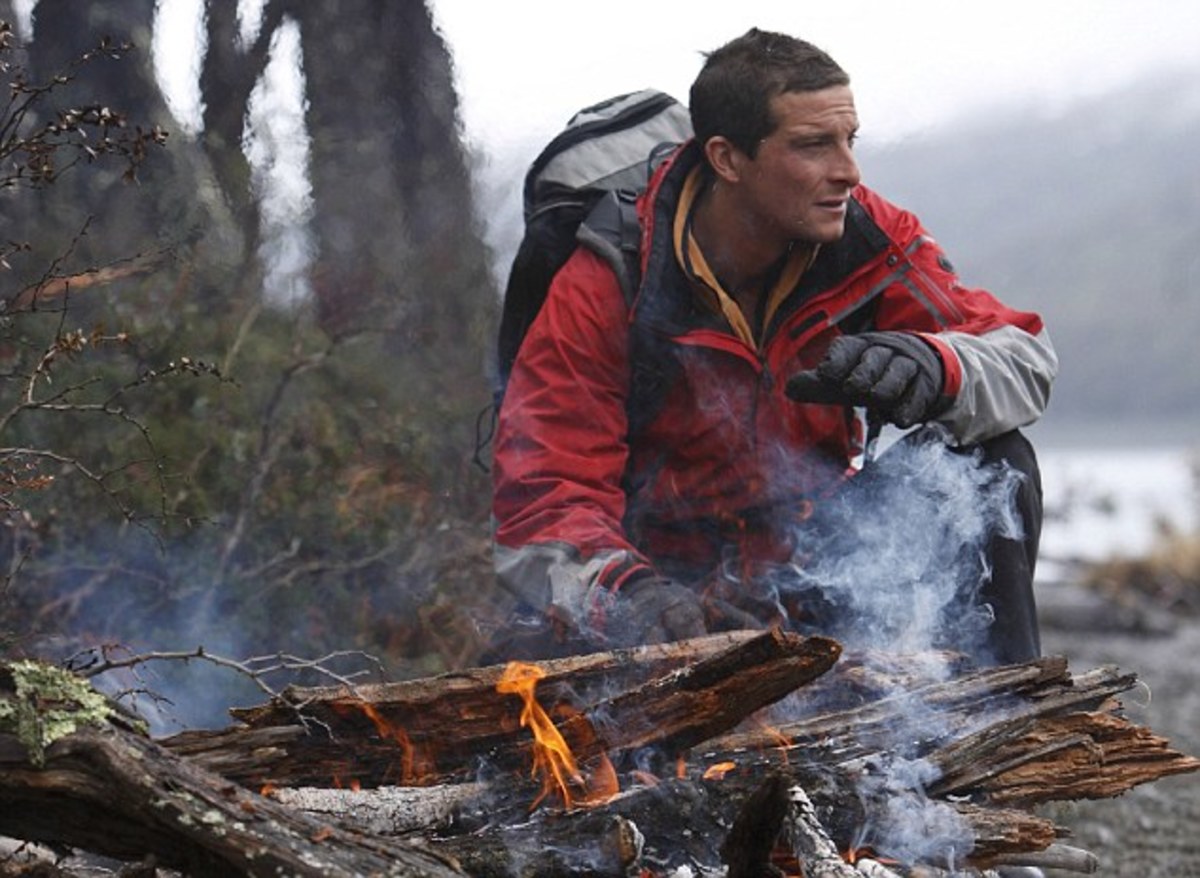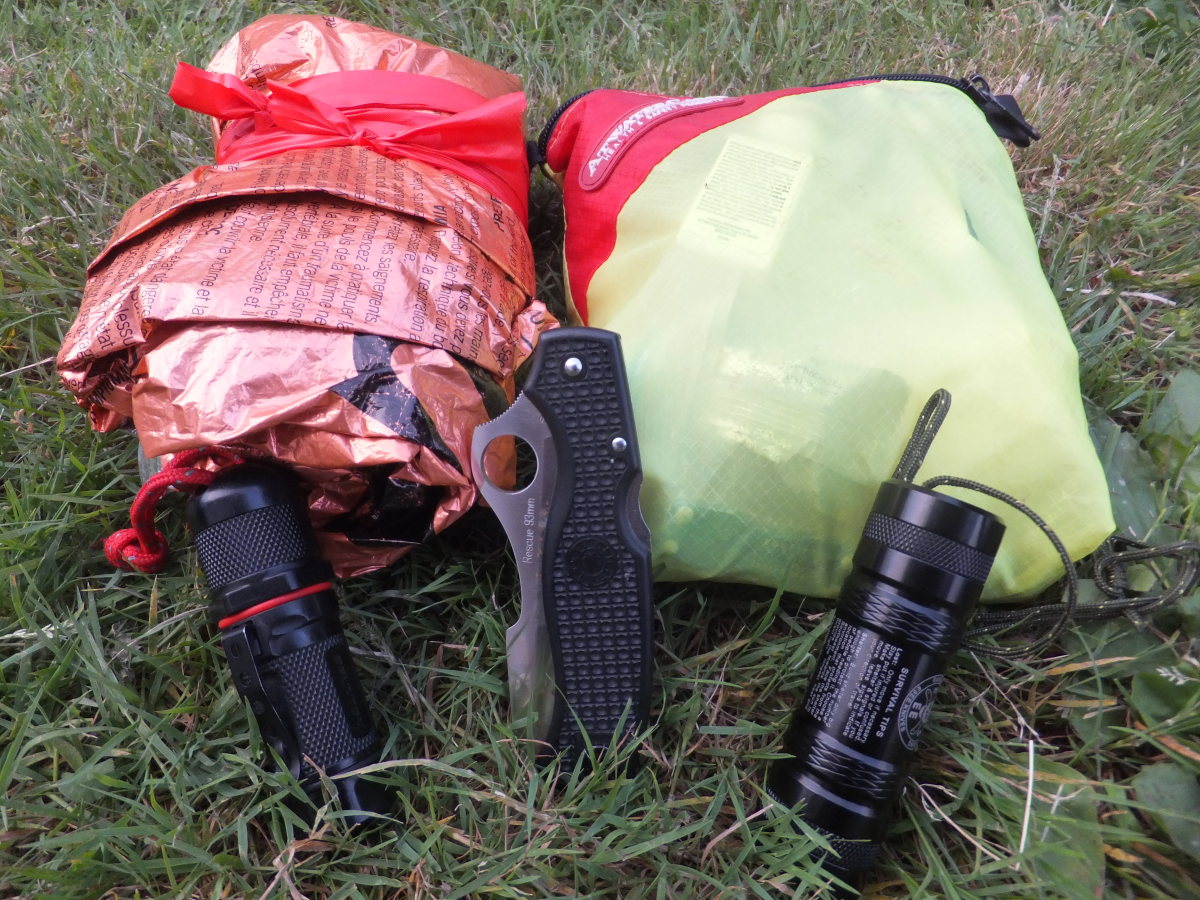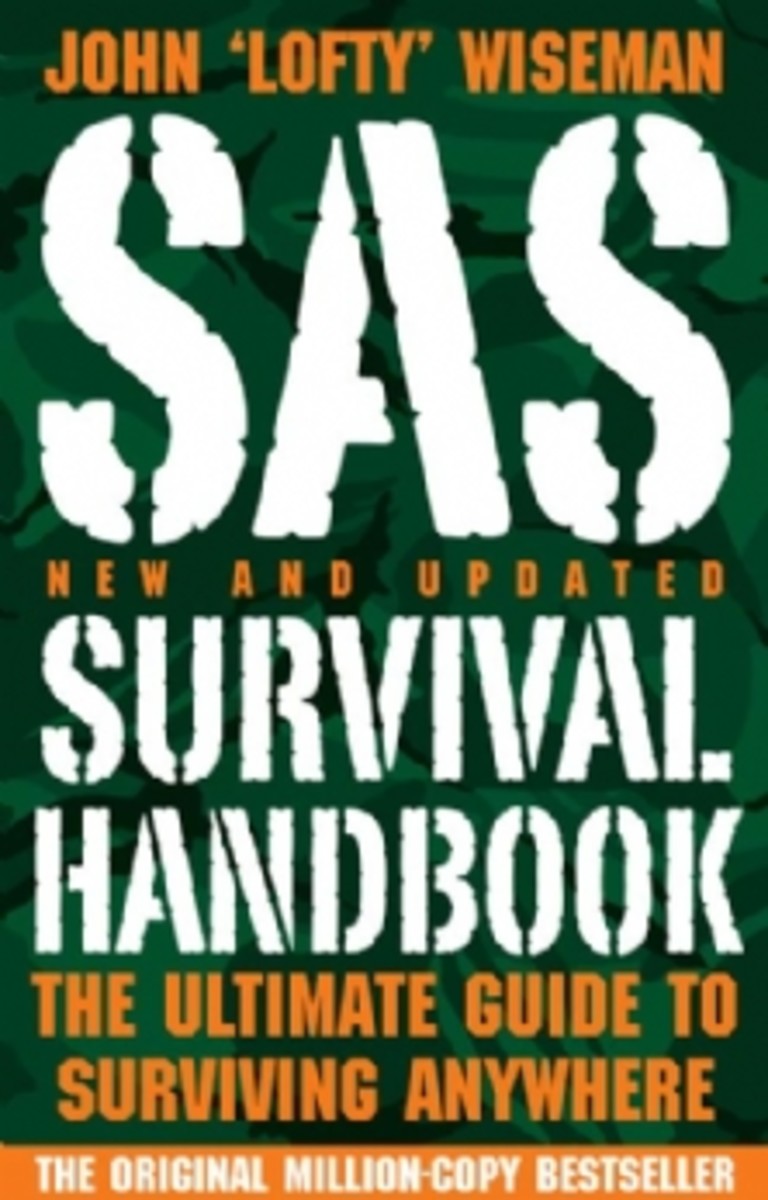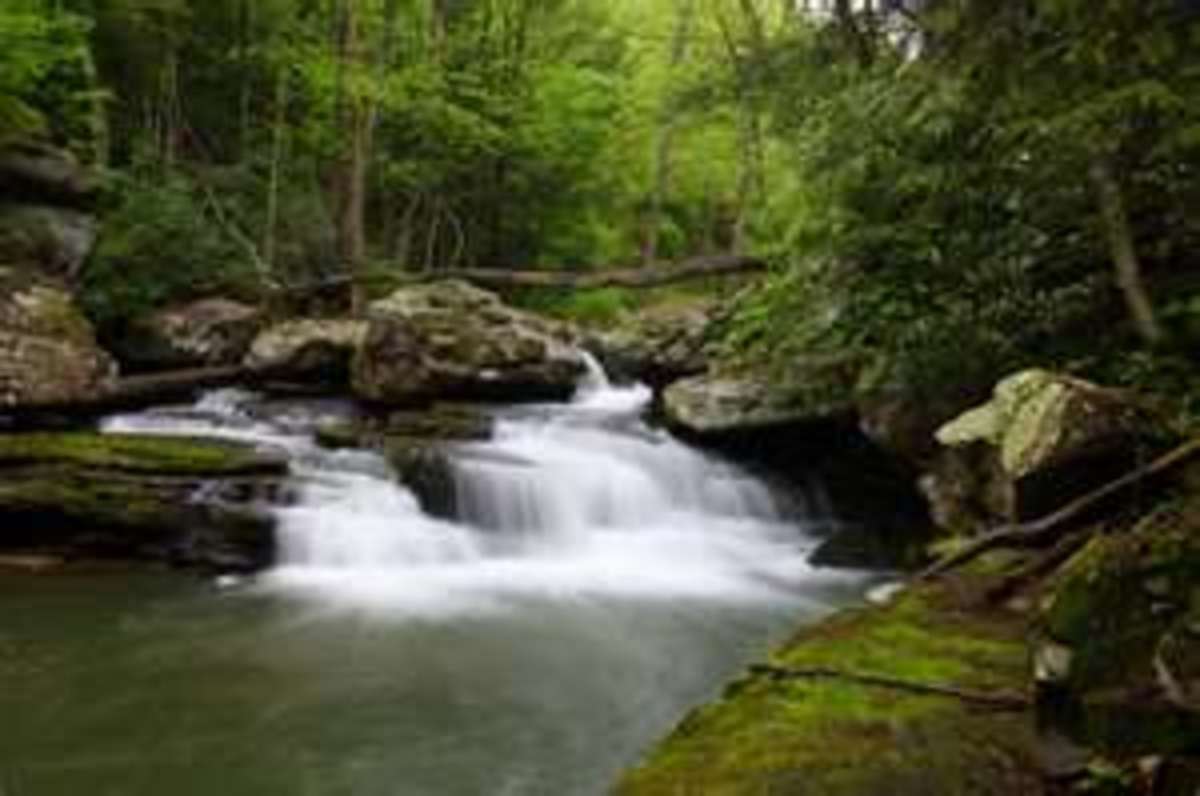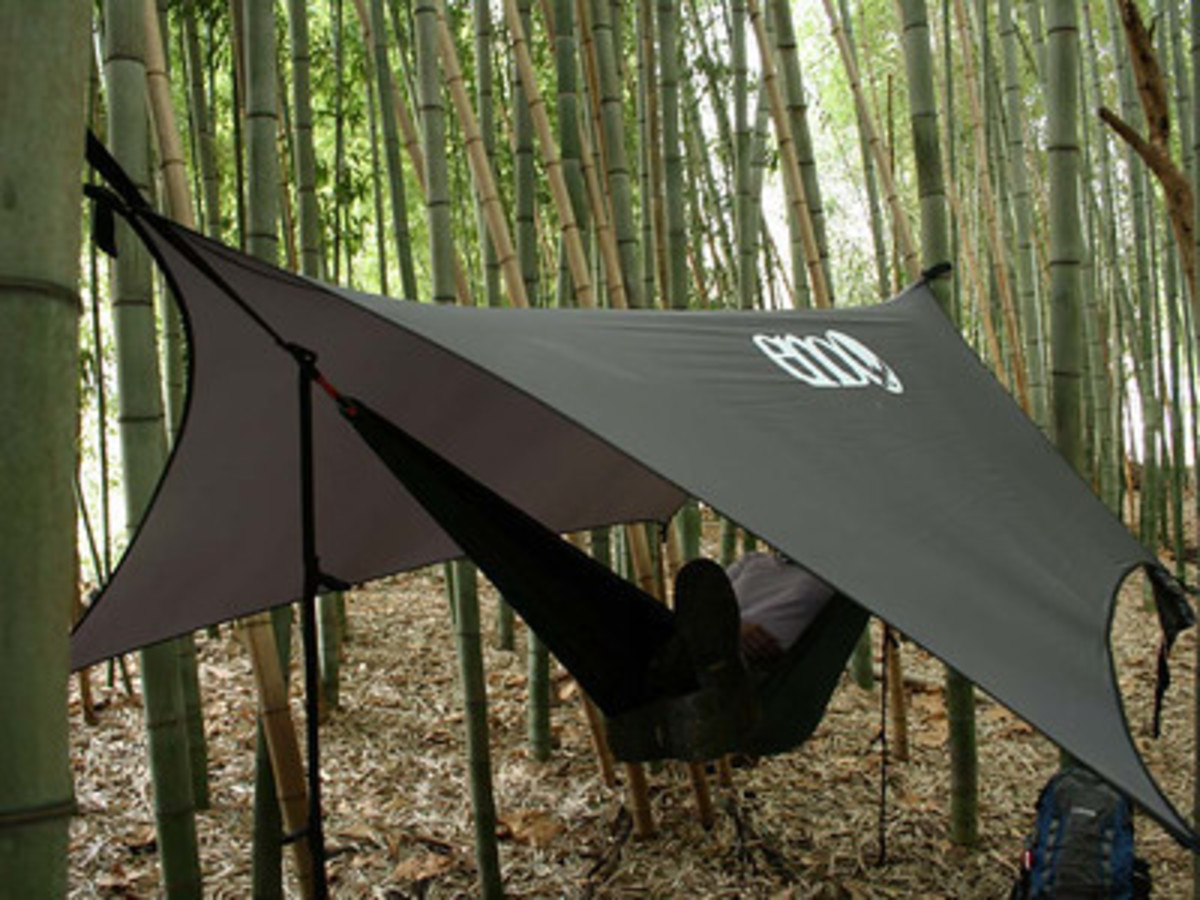Going off the Grid: An Urban Survival Guide.
![This book, really will save your life. Available on Amazon. [No affiliation] This book, really will save your life. Available on Amazon. [No affiliation]](https://usercontent1.hubstatic.com/12080976.jpg)
So, what's the point in having an urban survival guide?
Well, we've lived in big cities for generations now, right? It'd be easy to survive on the streets, in the derelict parts of the city by ourselves, alone with no support or money, shelter or even the ability to make a fire without a lighter...
I think not, some people are just natural survivalists, others are hopeless. In fact, without the right tools and knowledge, I can be sure to say you'll be dead within the month or hospitalised.
So, what do you need? The bare minimum...
A Bug-Out Bag:
I adopted the name of this survival bag after reading a book by Neil Strauss called Emergency, you'll find the picture of the front cover somewhere around this capsule, the front cover is different to the one I read but it is the same inside. A bug out bag is basically a bag you've filled up months before with equipment you will need to survive if the event comes where need to just go. My bug out bag is still not complete and I've been making it up since June 2014, the trick is to buy the necessities first and anything you can probably do without but would make life easier for you comes after; for example you don't need a steel and flint if you have a lighter but if you run out of gas and don't know how to start a flame using the bow method then you are screwed. In fact, a flint and steel is essential and dirt-cheap.
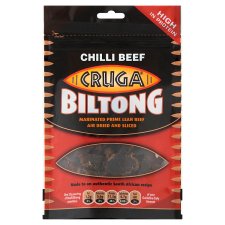
I have never been on the website before...
I've never been on the website before today, that would be Neil Strauss' website, the only reason I did was to get a photo of his book. Looking at the website, there is a whole host of advice on urban survival. For example, you can turn your bug-out bag into an Alice Pack by simply sewing a PETA sticker onto your pack, this will make authorities less suspicious because you will appear like a peaceful 'hippy' of sorts.
After your bug-out bag, you need to fill it.
But what do you use? Well, the trick is to make sure the most vital three aspects of survival is covered which are; food, water and heat (which is the hardest to deal with as summer nights can drop below freezing).
So we will cover these basics first: Food.
Your food has to be 'non-perishable', that is to say a long shelf-life, the food I have in my bug-out bag still has two years on the clock and has been in there since June 2014. For example, I have a couple of packets of Cruga Chilli Biltong which as a child my parent's would tell me was buffalo tongue, I don't know how true this is but it seems like a highly preserved, robust food which is nice too and on a cold night will make you feel slightly warmer. Other foods to consider are things like packets of crisps (crush them into crumbs so you can fold them and store more, eat them by cutting a corner off and pouring the crumbs into your mouth), biscuits (you can find a host of survival biscuit recipes online which will last years), and another essential food item especially for energy is Kendal Mint Cake, if you just click on that link it will take you to their website. Please note, I am not affiliated with them, this is solely for information purposes only. Any dead space should be filled with sachets of sugar similar to the ones from MacDonald's and other semi-essential small items (particularly first-aid items and water purification tablets).
So you get the idea about food, long-life items is essential. Now, hydration:
The best way to hydrate yourself is with good clean water, no added preservatives. If you feel low on energy, you can use a sachet of sugar to give the water a little kick. I'd advise buying a 5l water carrier with a strap to attach it to your pack as bottled water will take a lot of room. Most public places will fill it for you free of charge but if you ever have to seek water elsewhere, never obtain water from a pool which is still, you want your water from a fast flowing stream and you want to scoop upriver and drop a couple of purification tablets in there for twenty minutes before boiling the water before drinking it to ensure you've removed any bacteria.
What about heat?
Heat, as mentioned, is the hardest resource to come across. The chances are if you've had to 'bug-out', you won't want to stay in the city where heated doorways and stairwells are in great supply but you will want to head to a more rural location preferably with as little people as possible. problem is when an area is uninhabited, there is very little heat. The best way to acquire heat is by fire but unless you have a dry lighter or flint and steel, you'll be forced to use the bow method and even then you need string or similar foliage (if you haven't got string or experience in survival, this method will be near impossible, especially if it's been raining recently). I'm not here to teach you methods, not today anyway, just the basics.
The second easiest way to obtain warmth is by skinning an animal who's meat can then be used as a food/energy source (please note: do not ever eat an animal carcass once flies have started swarming it, if it is partially green or shows any sign of disease or smells rotten. You will have an tops to skin, prepare and cook the carcass before it becomes inedible. You also need to bleed the carcass correctly. If in doubt, leave it alone).
The best way to keep warm is to move. has cold set in? Then get up and go for a walk rather than huddle into yourself and shiver.
Shelter is something you will definitely need and is probably the easiest to acquire so long as you have some common sense and wit about you. You can build a shelter from branches and foliage quite easily but if time is of the essence then simply taking refuge under a rocky outcrop or tree will do although this will not protect you from animals or cold but will help to keep you dry, you can purchase a survival bag (sort of a body bag you can climb in to to help maintain heat; effective for about 3 hours) for less than £3 or even a collapsible foil tunnel (takes up less room than a tent but tents are more durable and give more protection against the wind).
You can buy a ready made survival tin for less than £20, you can make your own for less than a tenner, my survival tin which I purchased from PolyMath Products here has suited me quite well, complete with fishing hooks and line, blade, kendal mint cake, snare trap and instructions, it also has paracord (who's inner stands makes brilliant kindling for fire) and a couple of first aid essentials. I keep this on me wherever I go, just in case, because it is so damn useful. Thankfully, I've never had to use it. It's the perfect size and shape to fit in your pocket or strap to your belt using the strong rubber band it comes with to make it air/watertight and to stop it from popping open. I would recommend not opening this tin unless you have to because it is hard to put back together.
You will want light for when you can't make fire, the best type of light comes from an LED wind-up/solar panel torch, in fact you can buy a Duronic wind-up/solar panel/mains charged FM/AM radio which has a very bright, 3LED torch built into it, this will serve as entertainment and is extremely reliable.
Black Scout Tutorials: Urban Survival Kit
Other points to consider...
Going back to food and nutrition, you will want to pick up a packet of multi-vitamins as it is extremely difficult to get the right balance out in the wild, these will supplement the vitamins you lose through eating only dry fruit and veg.
Razor blade for cutting kindling and food, you could use a knife but check the legal status in your country/state.
Anti-bacterial wipes and alcohol scrub; first aid is paramount. If you cut yourself and don't clean it immediately then you'll find infection will almost definitely set in within a couple of hours.
Fresh socks to avoid painful sores, your feet and eyes and ears will become your most vital body parts out there.
A whistle attached to paracord around your neck for quick access, sometimes people do lose their voice in the cold as seen in Titanic and a shrill whistle will pierce the most densest of silences. Why paracord? For the security of having more kindling, and it is strong so there is less chance of losing your whistle.
A needle and spool of thread so you can repair your pack or clothing (especially socks).
A small mirror for signalling.
A pocket SAS survival guide, can be purchased for a few quid on Amazon.
Binoculars, compass, paper and pen for route mapping.
And finally, CASH.
Your life will be easier if you have that emergency fund with you for those days where finding food is tricky or you're in desperate need to resupply. Always keep at least £50 aside, buried deep in your bag to prevent you from spending it when it gets tough (after the first day).

Overall, survival is your responsibility. You can't expect anybody else to come and help you.
The key points to remember when you are out in the wild is
- Heat
- Water
- Shelter
After you've acquired these three things, everything else isn't quite so important. Surviving isn't 'fun' although it does have it's moments. Surviving is necessary.
Examples of people's 'bug-out' bags; all of this will fit in a 36l backpack with space left over
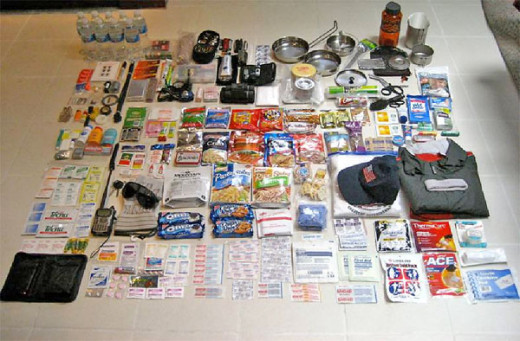
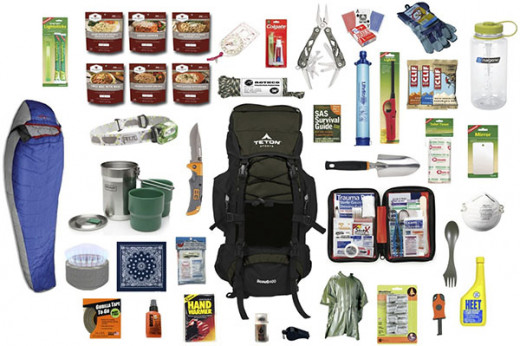
Do you have a bug-out bag?
Check out this link to Neil Strauss' website here.
I look forward to reading your comments about what you have in your bug-out bag and advise about what I am missing from mine.
http://andrewhil93.hubpages.com/hub/Storage-Container-Eco-Home-Converts-Business-Venture






